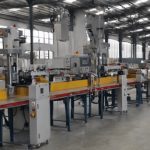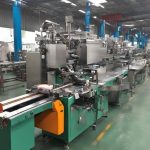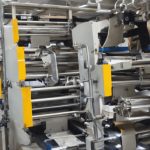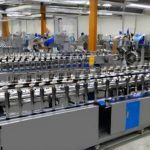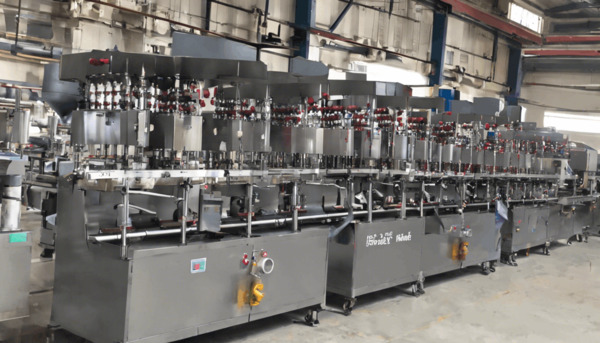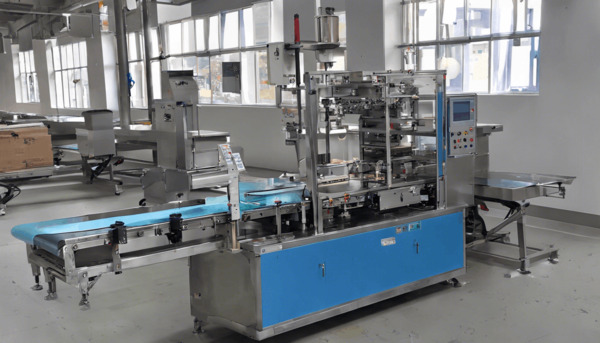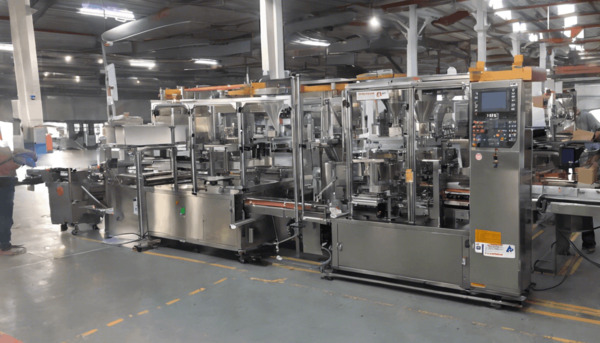
Introduction to Bag Sealers
Bag sealers are essential tools in various industries, especially in packaging and food processing. They are used to seal bags, ensuring that the contents are protected from external elements such as air, moisture, and contaminants. The choice of a bag sealer depends on the type of material being sealed, the volume of production, and the specific requirements of the sealing process. In this comprehensive guide, we will explore the different types of bag sealers, their applications, and their advantages.
Impulse Sealers
Impulse sealers are one of the most common types of bag sealers. They use a heated wire to melt the edges of the bag together, creating a seal. The heat is applied only when the sealer is in use, which makes them energy-efficient. Impulse sealers are ideal for sealing thermoplastic materials such as polyethylene and polypropylene. They are available in various sizes, from handheld models to large, industrial-grade machines.
Constant Heat Sealers
Constant heat sealers, also known as direct heat sealers, maintain a constant temperature during operation. They are suitable for sealing thicker materials such as foil, Mylar, and other laminates. Unlike impulse sealers, constant heat sealers are not limited to thermoplastic materials, making them versatile for various packaging needs.
Vacuum Sealers
Vacuum sealers are designed to remove air from the bag before sealing it. This process helps to preserve the freshness of the contents, making vacuum sealers popular in the food industry. They are available in two main types: external vacuum sealers and chamber vacuum sealers.
Band Sealers
Band sealers, also known as continuous band sealers, are used for high-speed sealing of bags. They work by passing the bag through a set of heated bands that seal the bag as it moves along a conveyor belt. Band sealers are suitable for sealing a wide range of materials, including plastic, foil, and paper.
Foot Sealers
Foot sealers, or pedal sealers, are manually operated machines that use a foot pedal to activate the sealing process. They are similar to impulse sealers but allow for hands-free operation, which can increase efficiency and reduce operator fatigue.
Portable Sealers
Portable sealers are compact and lightweight, making them ideal for on-the-go sealing tasks. They are typically battery-operated or rechargeable, providing flexibility and convenience for sealing bags in various locations.
**Advantages:** Portable sealers are perfect for small-scale operations or situations where mobility is required. They are easy to carry and use, making them suitable for sealing tasks in retail, catering, and other industries where portability is a priority.
Conclusion
Bag sealers are versatile tools that cater to a wide range of sealing needs across different industries. From impulse and constant heat sealers to vacuum and band sealers, each type offers unique advantages tailored to specific applications. When selecting a bag sealer, it is essential to consider the material being sealed, the volume of production, and the desired sealing quality. By understanding the different types of bag sealers and their applications, businesses can make informed decisions to enhance their packaging processes and ensure product integrity.
